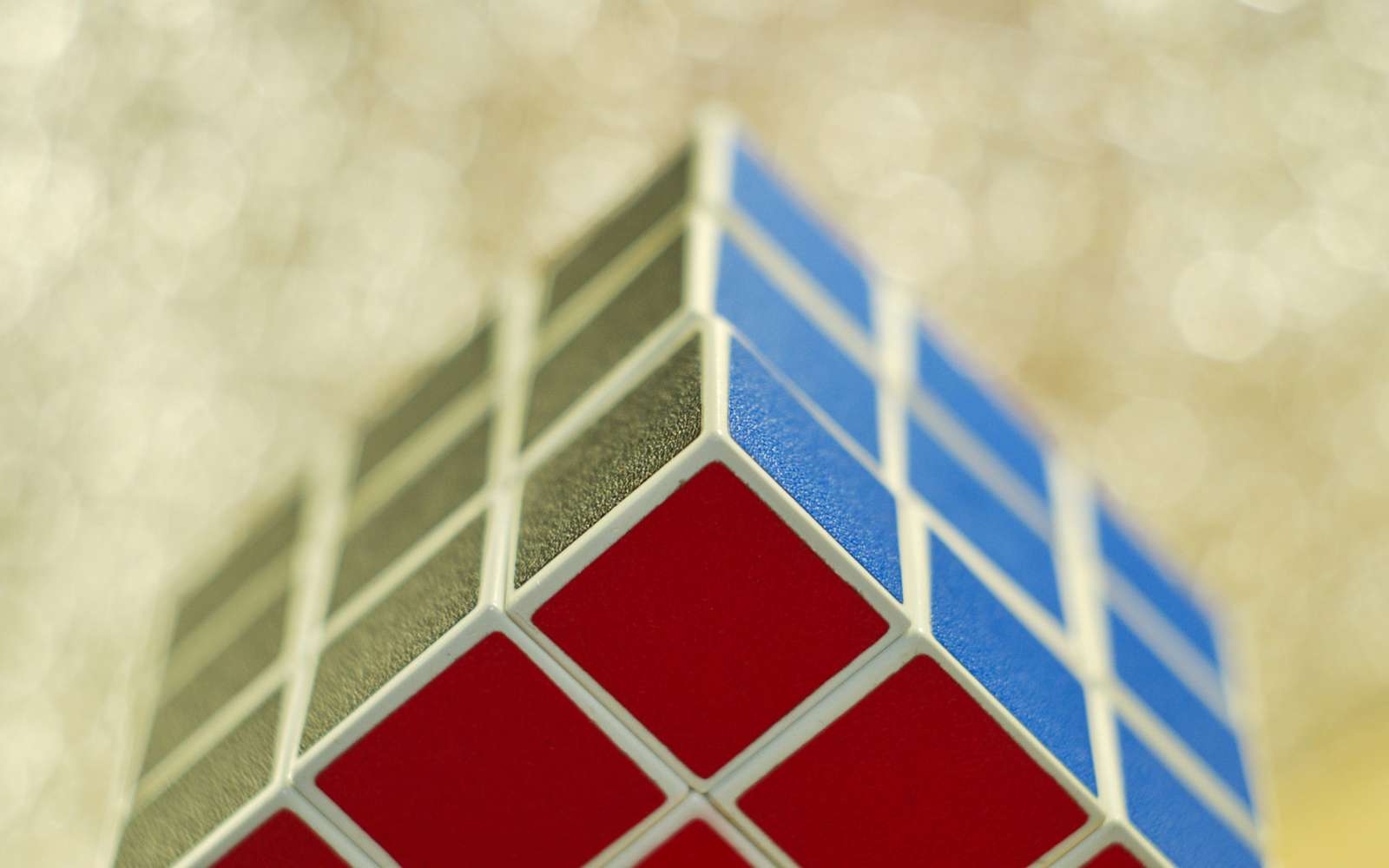Twenty-eight movements and 1.2 seconds, that’s what it took DeepCubeA’s artificial intelligence to solve a Rubik’s Cube. Boosted with deep learning, the AI has learned everything about itself.
As DeepMind regularly proves, artificial intelligence can defeat the best chess or strategy video game players, but for the more abstract puzzles, it is still struggling. This is exactly the spirit of Rubik’s Cube. The computers manage to solve the puzzle of the cube, but they still have difficulty competing with humans.
Thus, the algorithm of a smartphone associated with a robotic arm in Lego managed to beat a previous world record in 5,352 seconds, but this is still more than the record of 3.47 seconds that the Chinese Yusheng Du in 2018.
The latest advances in the field of artificial intelligence could well climb lasting computer on the top step of the podium. This is certainly what researchers at the University of California, Irvine (UCI), in the United States have demonstrated with DeepCubeA.
This algorithm is based on the principle of deep learning. Without any method, no initial learning, and no human preparation, the algorithm is able to solve 100% of all configurations in 1.2 seconds. It even pays the luxury of finding the shortest way to achieve it in about 60% of cases.

Towards an AI able to really reason for itself
With DeepCubeA, scientists wanted to know how the AI was working to perfect its method and how long it would take. Starting from a solved cube, then a mixed cube, it took only two days of learning to DeepCubeA to figure out the right combinations with minimal steps. While it takes about fifty movements for a human, the AI managed to solve the Rubik’s Cube in just 20 movements.
But beware, DeepCubeA is not the fastest. Last year MiniPhase2, an algorithm dedicated solely to Rubik’s Cube and designed by the MIT ( Massachusetts Institute of Technology ) remains the absolute record holder. That said, it’s not about and the algorithm has been specifically trained for mastering the cube. For its part, DeepCubeA can manage to tame itself other complex puzzles of the same style, such as Sokoban.
Researchers have found that the reasoning form of AI is totally different from that of a human. They have also set the stage for a smarter AI that can reason, understand and plan better.